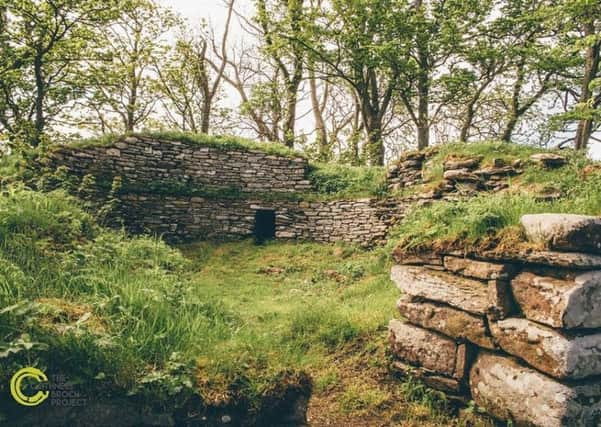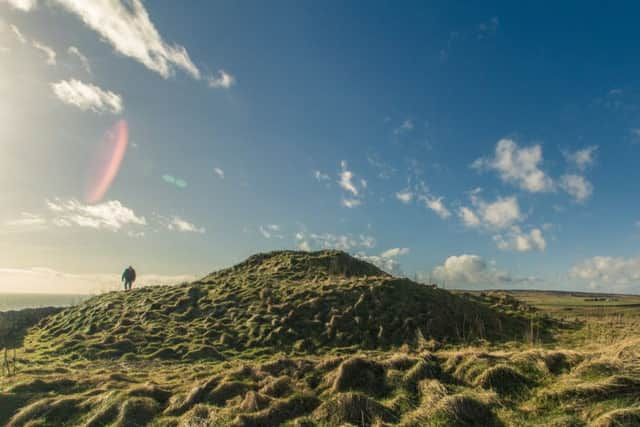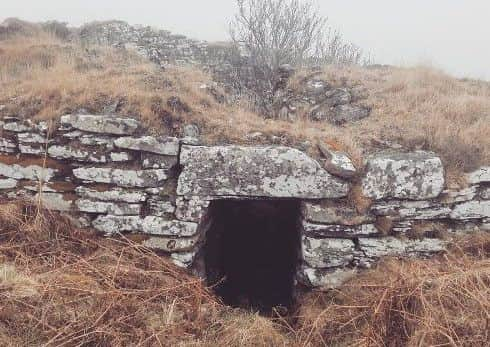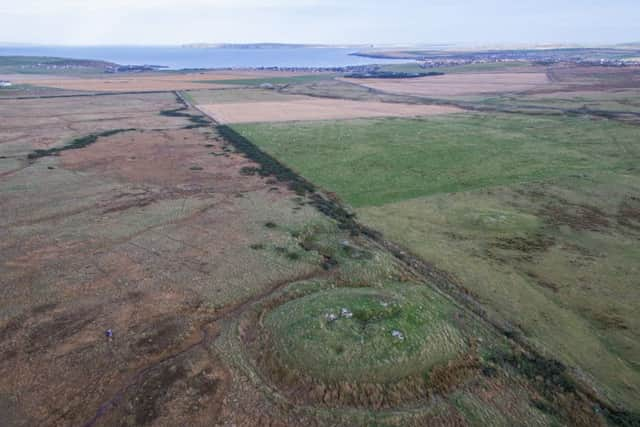Secrets of the Highland broch to be unlocked


Very little is known about the often complex Iron Age stone structures which point to life in Scotland up to 3,000 years ago.
Around half of the Scotland’s 500 broch sites can be found in Caithness where a programme of events is underway to generate worldwide interest in the mysterious structures.
Advertisement
Hide AdAdvertisement
Hide Ad

It is hoped that, for the first time in around 20 years, a major piece of excavation work will be carried out at a Caithness broch site as a result.
Plans are already underway to re-create a full sized broch in the area and turn Caithness into global destination for archaeology and history fans.
Kenneth McElroy, chairman of the Caithness Broch Project, said: “There is a lot to be interested about in brochs and archeologists still argue what they were used for.


“We are not completely sure what they looked like so brochs really are a blank canvas.
“They are uniquely Scottish, you don’t find them anywhere else. Most of Britain at the time had roundhouses but Scotland had these huge, complex structures.
“It is difficult to understand how they were even built.
“They were more than likely lived in and served some sort of domestic function but, relatively speaking, there has not been enough research into them.


“There are more brochs in Caithness than anywhere else in Scotland and, again, we don’t really know why.
Advertisement
Hide AdAdvertisement
Hide Ad“We really want to see if we can unlock the secrets of the broch.”
Brochs are typically a massive, circular structure built using a drystane construction method.
Some have walls up to four metres thick and an inside floor space of around 10 metres diameter.


They were occupied from around 800BC until the second century AD, experts believe, with examples also found in Orkney, Shetland, the Western Isles and parts of Aberdeenshire.
Mr McElroy said activities, which have been planned around the Year of History, Heritage and Archaeology 2017, would focus on three main sites.
They are Things Va, near Thurso, thought to have been later used by the Vikings as an assembly place, Bruan Broch at Ulbster and Rattar near Castle of Mey.
